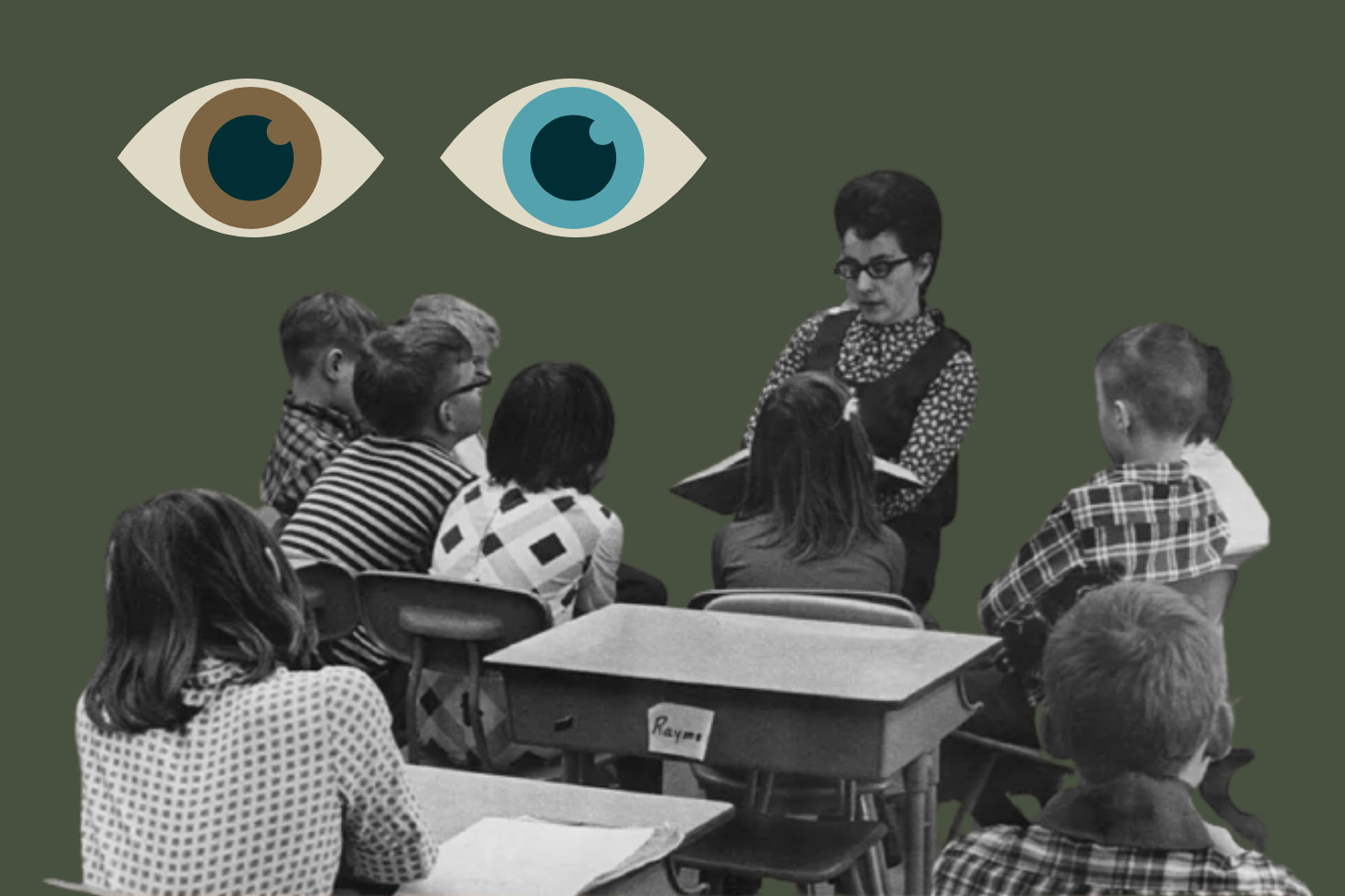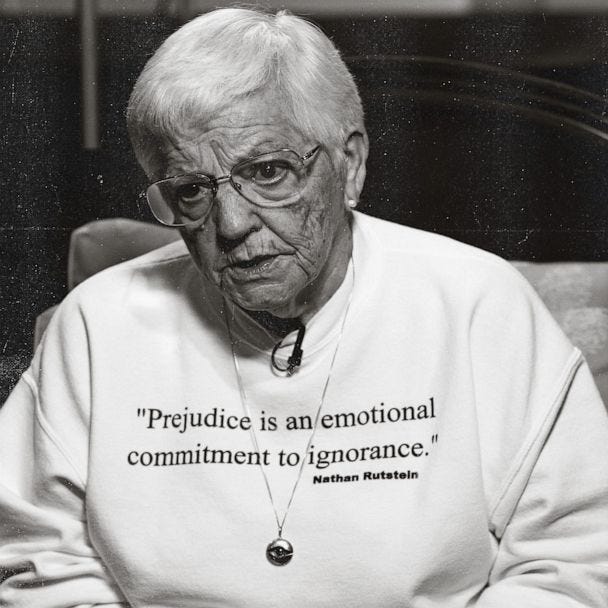The Man Who Said Malala Yousafzai Had a "Victim Complex"
Superiority complex, denying victimhood, and the Brown Eye/Blue Eye experiment
There is a difference between not wanting to be seen as just a victim, and denying victimhood entirely. The former thought leads to growth and self-assurance. The latter leads to ignorance and arrogance.
The Post
A post on Facebook read:
The caption of the post had a link to an article about submission opportunities for historically underrepresented voices in US literature.
The Comment
Below the post was a comment that read:
Stop propagating the majority narrative. The black people in this country are 13.4%. Among them, how many want to write? How many have written anything good that can be published? You might look at my profile picture and say, oh he's just a white guy, but I'm actually half Latin. I came so far because I worked hard. I didn't need any special opportunities. And this mindset that you are voiceless and cannot succeed—this is clearly victim complex. Everybody has a voice.
What is Victim Complex?
Those with a victim mentality hold three beliefs:
1. Bad things have happened in the past and will continue to happen to them. 2. Others are to blame for one’s misfortune. 3. There is no point in trying to make a change because it will not work.
This not-white, half-Latin, hard-working man had the audacity to say that Malala Yousafzai--the woman who was shot in the face by terrorists when she was a teenager because she fought for her right to education--had, according to him, a “victim complex”.
The feminist who did not give up on her education, even in the face of life-threatening danger, who was more worried about her father not being able to afford the operation rather than saving her own life after getting shot, the Nobel Peace Prize laureate—was, according to him, an irresponsible, pessimistic individual with a victim complex.
The sheer stupidity and ignorance of this man could be summed up to “Superiority Complex”.
What is Superiority Complex?
Superiority complex is the result of an underlying inferiority complex. People with very strong feelings of inferiority have a hard time convincing themselves that they have actually achieved enough. To compensate, these people play up their accomplishments and opinions to make themselves feel better.
They believe that their abilities are dramatically better than others, and may often be condescending, smug, or mean to other people who don’t agree with them.
Some people with superiority complex genuinely believe that they are more successful than others, despite a lack of evidence.
Jane Elliott’s Brown Eye-Blue Eye Experiment
This man’s comment about being half-Latin reminded me of one of the Brown eye, Blue eye experiments conducted by Jane Elliott, an American Diversity Educator. In this two and half hours experiment, Jane Elliott treats the whites as the blacks are treated, and gives the people of colour a look into the privilege of being white. She does this by separating the experiment group based on the colour of their eyes.
One particular man from the experiment who could easily pass off as white, claimed that he was actually a Native American, and that he would prefer for people to care about his soul rather than his skin colour.
Jane Elliott says:
“You’re Native American, but you can pass off as White, can’t you? You do pass of as white when you want to, don’t you?
“As a Native American, you know a whole lot about being discriminated against than a whole lot of white folks do. But, you still, because you can pass [as white], probably don’t know much about being actively discriminated against in this country as blacks who are obviously black.
“You can pass. People won’t know you’re Native American unless you tell them.”
She then points to a black man in the group and says, “Can you pass?”
Overcoming Victimhood vs. Denying Victimhood
There is a difference between not wanting to be seen as just a victim, and denying that one was ever a victim or could ever be a victim. The former thought leads to growth and self-assurance. The latter leads to ignorance and arrogance.
These ignorant and arrogant people with superiority complex can be found everywhere.
Women who say they don't need feminism because they believe patriarchy is a fake construct, black people who believe racism doesn't exist anymore and are content supporting the bigots in politics, or the not-white, half-Latin, hard-working male who denies that certain voices have ever been underrepresented, and claims to have come thus far with his hard work alone, when, in fact, he hasn’t really come much far.
Denying one’s victimhood does not empower them or motivate them to work hard. It only makes it more difficult for them to trust that things will ever get better.
Your success, your accomplishments, your inexperience with facing discrimination happened because of certain societal factors that worked in your favour, and not just because you worked hard.
Denying discrimination might earn you the favour of the oppressors and open doors for you that wouldn’t have opened if you chose to question the oppressor instead. Denying victimhood might raise you into the oppressor’s privileged circle while keeping your community down. But remember this: “We cannot succeed when half of us are held back."
Brown Eye/Blue Eye experiment
Here’s the YouTube video for the full Brown Eye/Blue Eye experiment. It is quite powerful, so I suggest you watch the entire thing. But the part I mentioned in this article starts at “36.20” mark.









